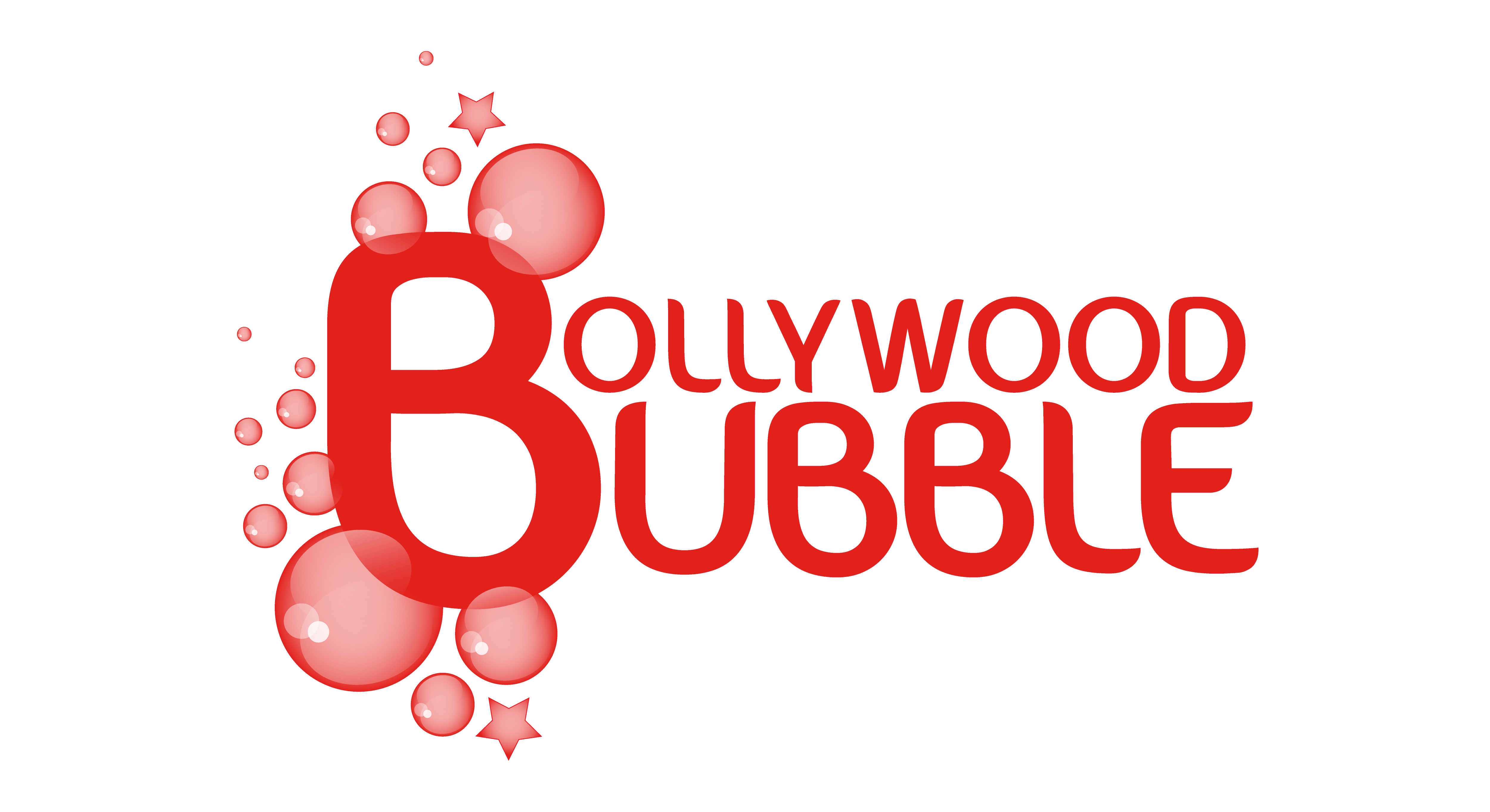
Directed by Laxman Utekar, Chhaava is based on the life of Chhatrapati Sambhaji Maharaj, the second ruler of the Maratha Confederacy. The movie features Vicky Kaushal, Rashmika Mandanna, Akshaye Khanna as Aurangzeb, Ashutosh Rana, Diana Penty and Divya Dutta.
Chhaava deleted scene of Ashutosh Rana & Divya Dutta
However, the Internet has recently seen a video that highlights the conversation between Ashutosh Rana and Divya Dutta. This scene comes after Vicky Kaushal meets Aurangzeb’s son, and he reveals how the Rajmata wants to kill Sambhaji. The scene portrays a powerful and intriguing dialogue where Ashutosh Rana reminds Divya of why she is Rajmata, and what sacrifices it took for Swarajya to be established.
The historical drama “Chhaava” has captivated audiences with its portrayal of significant figures from Maratha history. While local audiences miss this poignant moment, it remains available in overseas prints, offering international viewers a fuller experience of the narrative. This deleted scene is crucial in understanding the intricate relationships among the characters and the socio-political dynamics they represent.
The dialogue in this scene reportedly delves into themes of sacrifice, duty, and the heavy burden of leadership. It showcases the emotional and ideological conflicts that define the Maratha Empire’s legacy, shedding light on the personal struggles of its prominent figures. Such weighty themes resonate with contemporary audiences, tying historical context to modern-day explorations of power dynamics and gender roles.
About Rajmata
Rajmata Soyarabai (Divya Dutta)known for her strength and resolve, engages in a heated exchange with Hambirao Mohite (Ashutosh Rana) a figure characterized by loyalty and valour. Ramraje, often caught in the crossfire of their powerful convictions, experiences a transformative moment that shapes his character arc and the film’s overall message.
The decision to excise this scene from the Indian cut of “Chhaava” has been met with disappointment by fans and critics alike. Many argue that its removal diminishes the emotional depth of the characters and weakens the film’s overarching message about the importance of standing up for one’s beliefs. The absence raises questions about censorship and the choices made in editing films for local audiences, often at the cost of artistic expression.
The deleted scene between Rajmata Soyarabai, Hambirao Mohite, and Ramraje remains a reminder of the powerful storytelling. Its absence from the Indian release is unfortunate, but the conversation surrounding it enriches the discourse on how films can navigate the complexities of historical representation and contemporary audience expectations.
Do you think this scene will make a future appearance in the Indian version and continue its impact to resonate?


















